Why polluted water held up 16,000 new homes
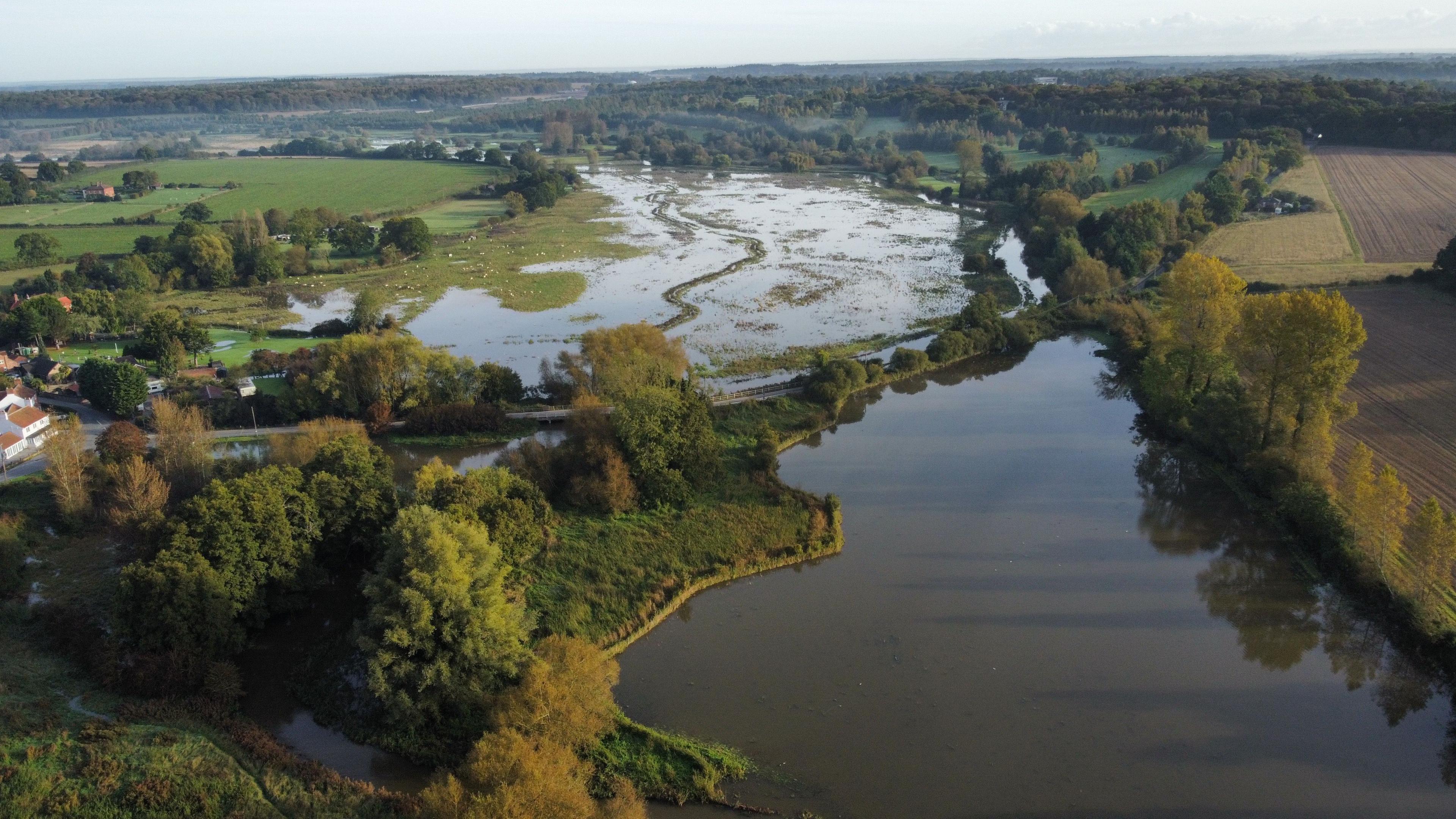
Housebuilding in parts of Norfolk has been on hold because of fears about pollution levels in the River Wensum
- Published
The government has given councils in Norfolk £9.6m to enable housebuilding to resume in parts of the county after a break of two years.
The money will support a new scheme which aims to reduce river pollution by various means including paying farmers to stop keeping pigs.
It follows concerns about pollution levels in the Broads and River Wensum.
Councils say planning permission for 16,000 new homes in Norfolk has been delayed by the search for “nutrient neutrality”.
What is nutrient neutrality?
It is the goal of trying to ensure that nutrient levels in rivers don’t increase any further.
Nutrients like nitrogen and phosphorus are found in rivers mainly because of sewage effluent and run-off from agricultural land.
An excess of nutrients in the water can be damaging to the environment.
Why stop housebuilding?
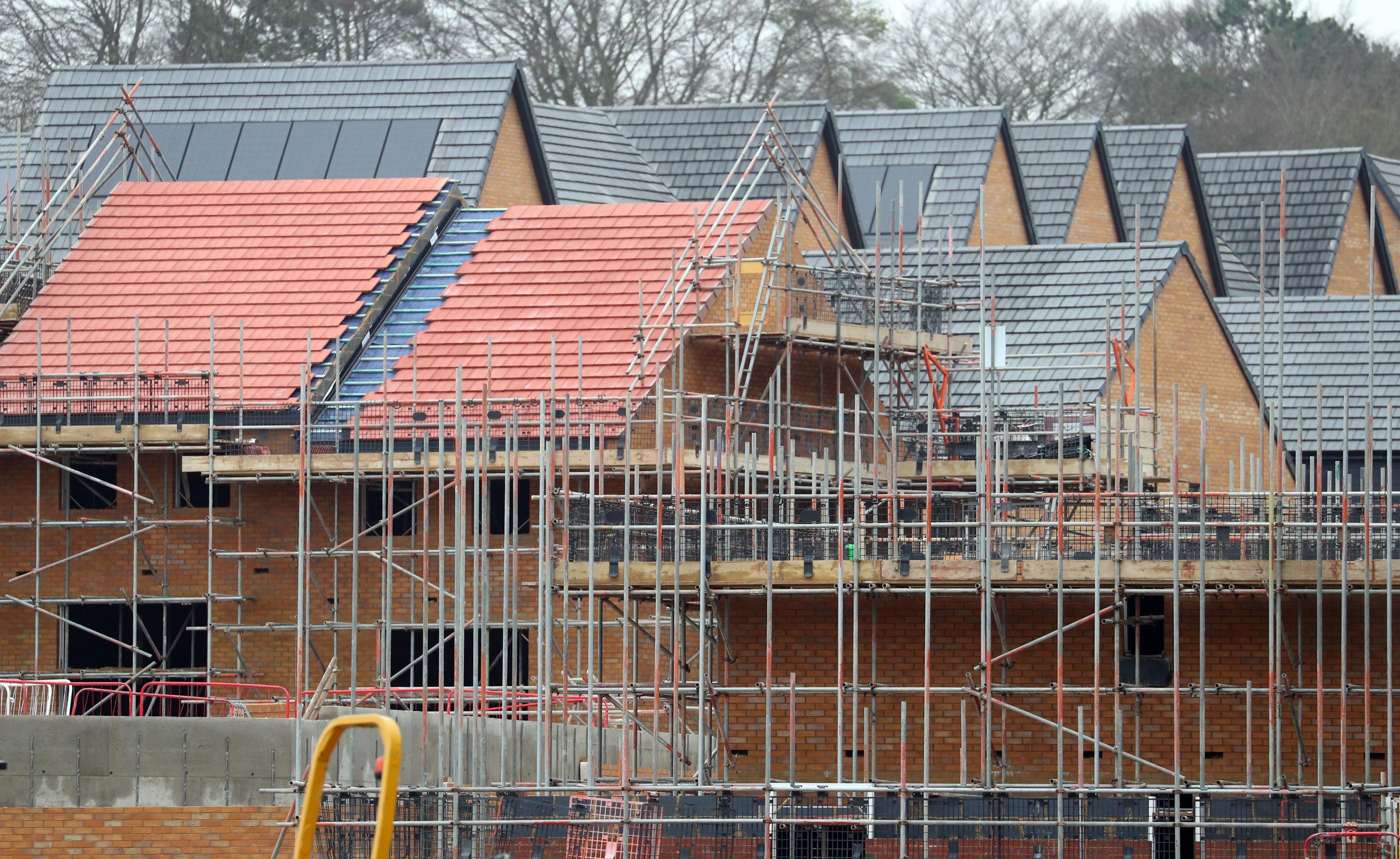
Planning permission for 16,000 new homes in Norfolk has been delayed because of concerns about river pollution
In 2022, Natural England - the body which advises the government on environmental matters - said a number of rivers in the country, including the Wensum and the Broads, were in “an unfavourable condition” and warned that extra wastewater from new housing developments could make things worse.
It advised Norwich, Broadland, South Norfolk, Breckland and North Norfolk councils to only approve plans for new homes which had appropriate mitigation strategies in place.
But they can be costly and time consuming, which is why the councils decided to stop granting planning permission for any new homes whose sewage would come into contact with the affected rivers.
To allow building to go ahead after being warned of the environmental risk would have left them open to prosecution.
How do you achieve nutrient neutrality?
There are various ways.
Man-made filtration systems can stop nutrients entering the water. Upgrading existing sewage works also helps, as does creating new wetlands to "soak up" the pollution.
Norfolk's councils have set up a fund which, helped by the government money, will pay for various mitigation measures. Developers will then top up the fund by paying around £5,000 for every new home they want to build.
So far the plan the councils have agreed to use some of the money to upgrade residents' septic tanks at a cost of £12,000 each. And they've also decided to spend on pigs.
Pigs?
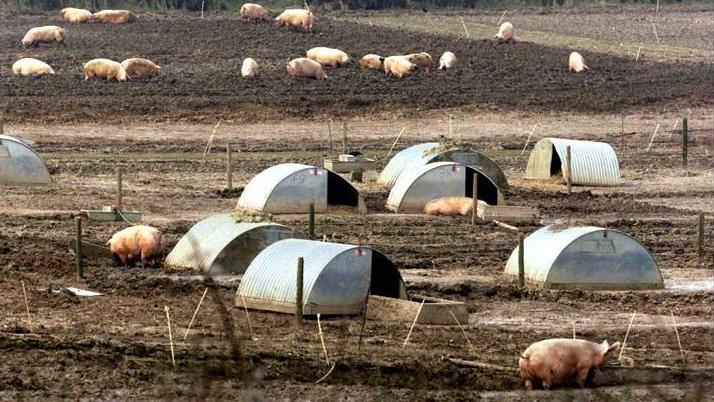
Pig farmers with fields near the Broads and River Wensum will be paid to move to arable
There are a lot of pig farms close to the River Wensum and Broads and the run off from their fields contributes heavily to river pollution.
So far, one pig farmer has been paid to stop keeping livestock, and talks are taking place with others.
What else can the government do?
In August, the government tried to change the law which would have allowed local authorities to assume that nutrients from new developments would not adversely affect protected habitat sites.
But the plan was defeated in the House of Lords.
Ministers have instead agreed to fund schemes like the one in Norfolk.
They have also designated 16 catchment areas around the country - including the Broads and Wensum - where water companies are required to upgrade their treatment works by 2030.
The environmentalist's view
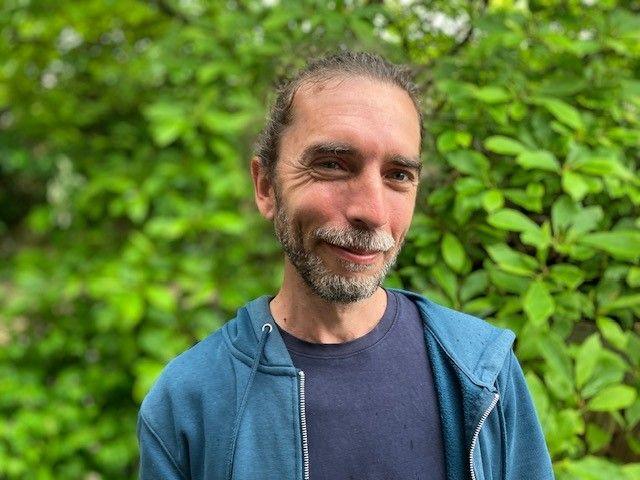
Green party councillor Gary Champion worries the fund won't fix the long term problem of river pollution.
Norwich Green Party councillor Gary Champion said: "We are just removing one source of pollution and replacing it with another.
"You are replacing like with like," he said.
"I am pleased to see political action on this issue.
"But politicians have been talking about pollution for a number of years and often the rhetoric and promises far exceed the reality."
The minister's view
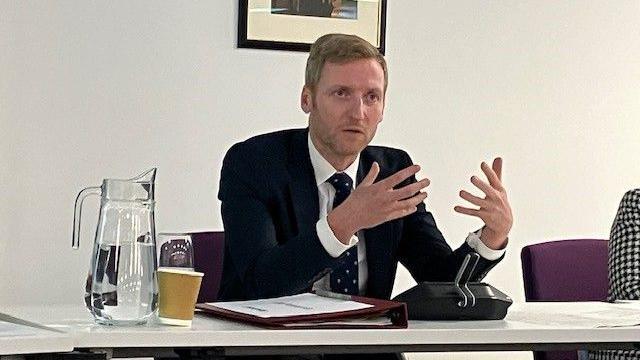
Housing minister Lee Rowley said the mitigation fund would improve water quality
Lee Rowley, the housing minister, who came to Norfolk to announce the funding, said the money would "improve the environment".
"I understand why people are concerned about more housebuilding but it's the job of government to find a way through that.
"If you look at the amount of nitrates and phosphates [in our water] over the last 30 or 40 years they've gone in a positive direction.
"We've got to make sure we keep doing that."
The council boss

Phil Courtier from Broadland and South Norfolk councils said thousands of new homes could now be built
Phil Courtier, the director of Broadland and South Norfolk Councils, says the new fund is already working.
"Stopping a pig farmer at a very sensitive site enabled us to make a huge saving in the amount of nutrients that end up in the river and we were able to mitigate for around 1,200 new homes," he said.
"The new deal we are about to do on septic tanks could release thousands more new homes and make a huge dent into the backlog".
Related topics
Related stories
- Published16 May 2024
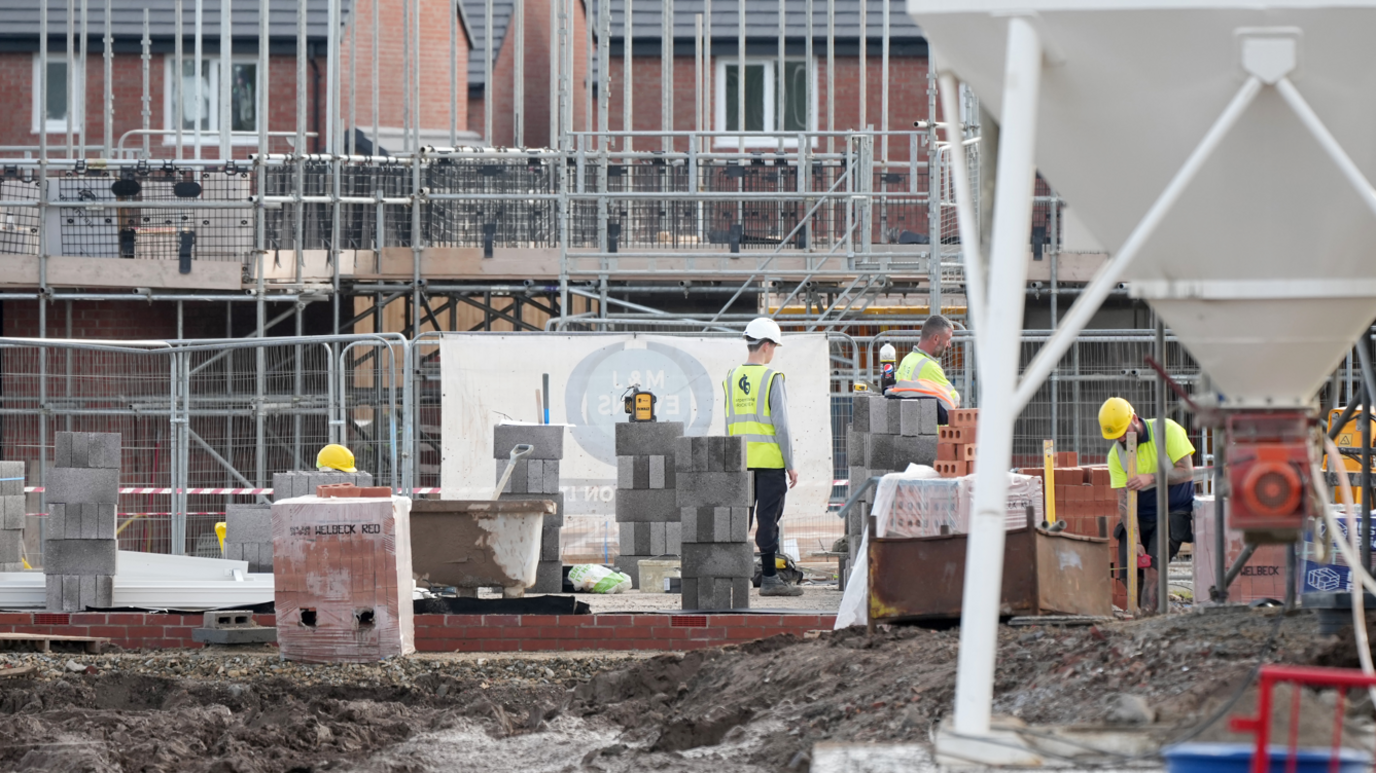
- Published14 September 2023

- Published14 September 2023
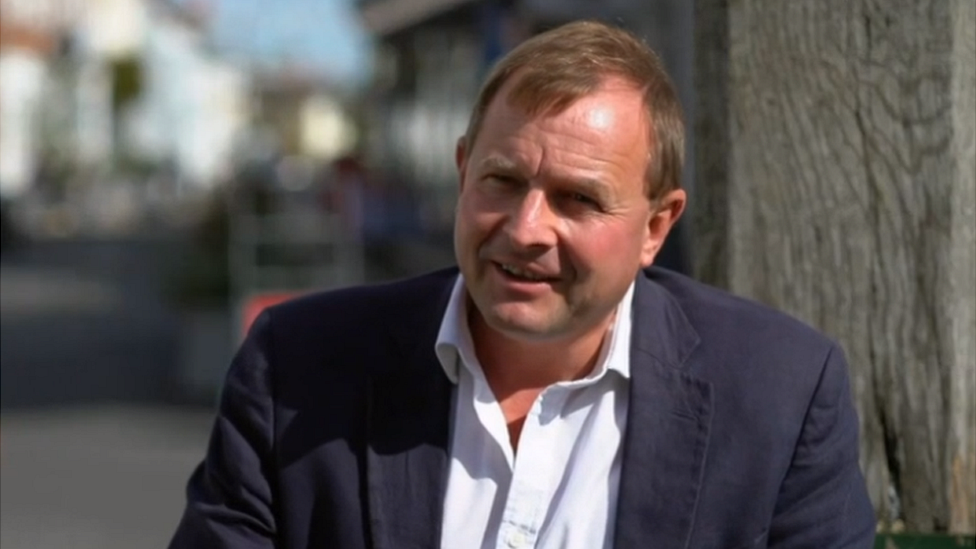
- Published23 November 2023

- Published15 October 2021
